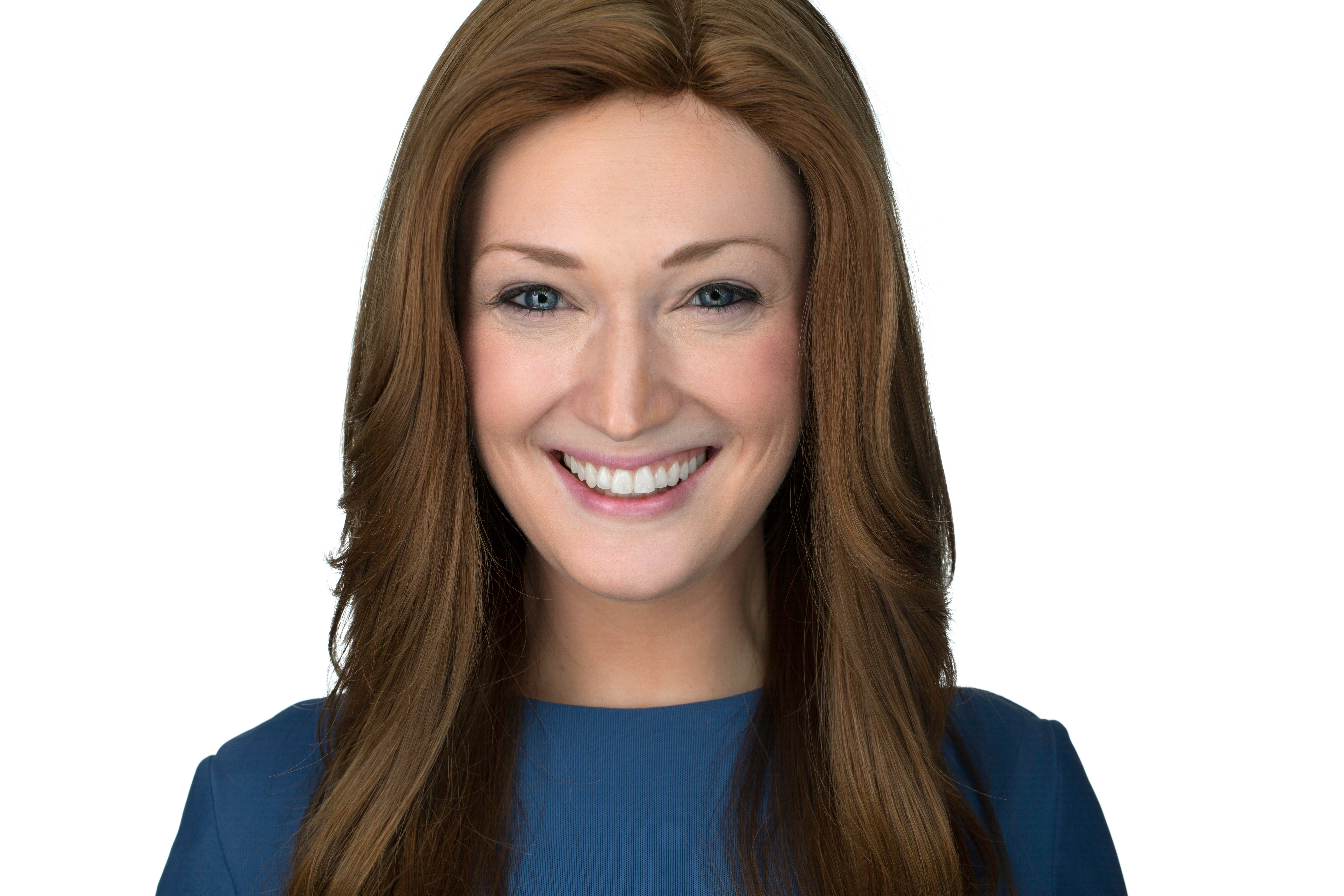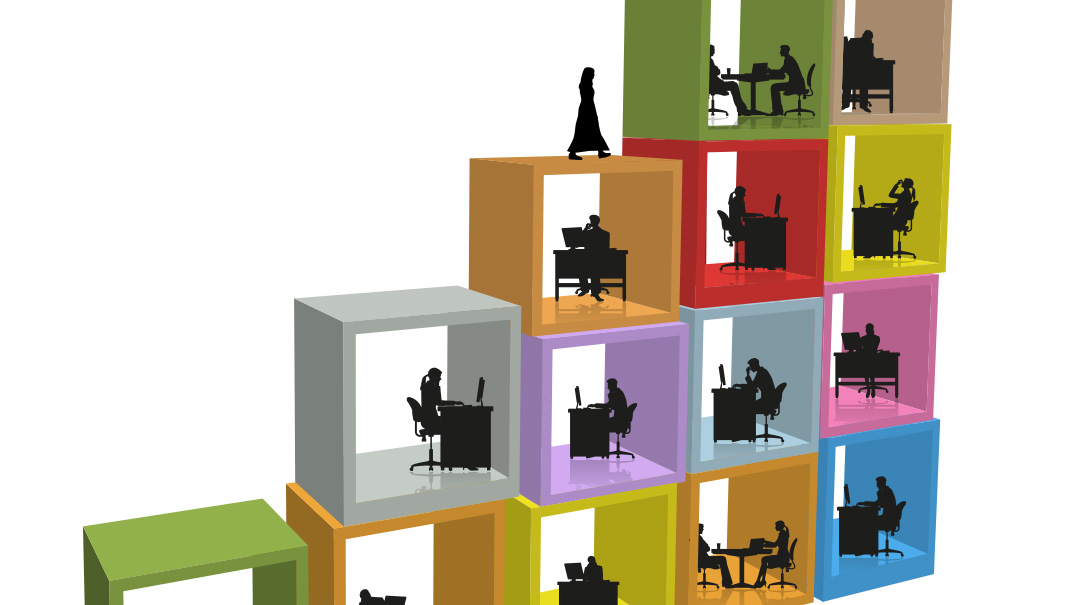“How to Find My Place in the Workforce”

Going 100mph in the wrong direction doesn’t get you to the right place faster

I’m 19, finished seminary last year, and was determined not to be another girl filling a cubicle in some boring office. I also didn’t want to go to college without a plan. I waited a few months to find the right job… and by November just took a local office job.
For all my determination, I’ve become another person warming a small chair in a big office, and I’m ready to quit. Problem is, I’m no smarter than I was a year ago, and I’m feeling very behind as my friends are all finishing bachelor’s degrees or working at jobs they enjoy.
How do I find my place?
Thank you for speaking up on behalf of the masses of quietly miserable cubicle fillers! Your time has come.
In 2023, no longer are you restricted to opportunities within a 20-mile radius of your home.
No longer must you have a degree to compete professionally, nor is a beautiful résumé your only ticket to your next role.
What do you need? Mostly, to know what you want.
As you’ve discovered, waiting isn’t the fastest route to clarity. While there are certainly people who mistakenly walked into the perfect job, I can’t give you directions there. What I can do is guide you to deliberately figuring out what you want to do.
First, though, I want to let you in on a secret that people only learn the older they get. No one has it all figured out. Not even your parents. Not even your neighbor who owns that successful business, or your wealthy relative, or the famous people you read about.
It’s easy to feel like a failure when comparing yourself to others, but that’s making the mistake of thinking you’re in a competition, when in reality you’re the main character in a story starring you.
What seems to be bothering you most about your current job is that you don’t see a future, and so your work today seems pointless. That’s actually a really healthy reaction for someone determined and hardworking — you’re not interested in just today’s paycheck; you want to be working toward something greater.
As for getting a degree, I applaud you for not giving in to the pressure of going to college without a real reason to. Going 100mph in the wrong direction doesn’t get you to the right place faster.
What should you do, though?
It’s time to take a look inside and find out a few important things:
- What’s my career personality?
A personality assessment will give you your first clues (available free online on my site or multiple others). Figuring out your basic traits will give you some information to work with: Do you need to work with people or alone? In a structured environment or a more flexible one? Does your work need to be personally fulfilling or not?
- What are my best skills? These are the things you’re naturally good at. Think of the subjects you enjoyed in school, skills you used in jobs you’ve had, or things friends would turn to you for.
- What are my financial goals/needs? Is the ability to earn a specific amount a primary factor I need to consider in choosing a career, or do I have the flexibility of focusing on other factors first?
- What are my constraints? Am I only looking for a job I can do part-time? Do I want something that I can eventually do as a freelancer? A job where the training can take place in a frum environment?
Once you take the time to answer these questions, you’ll have a lot more information to start with. Then you can examine specific careers and how they match up with your interests and needs.
I’ll leave you with a request: Please, don’t get comfortable being uncomfortable at work, assuming that’s just the way it is. Your feelings of frustration and dissatisfaction aren’t there simply to torture you, but to remind you that you were born to do something else. Remember that you have a unique set of tools that match the kind of work you should be doing, and you will find your place.
(Originally featured in Mishpacha, Issue 960)
Oops! We could not locate your form.







